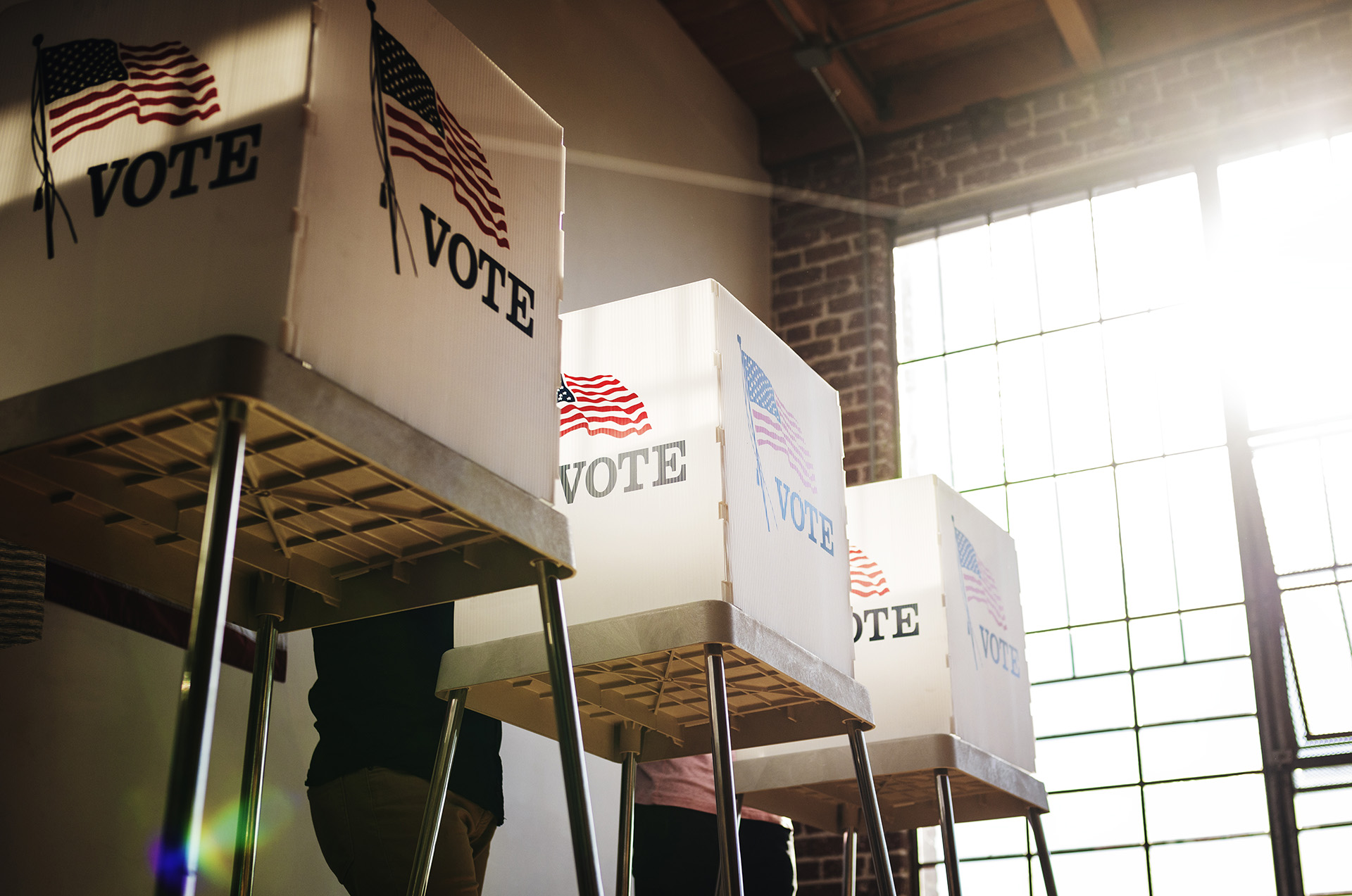Many people who have experienced a car crash or some other emergency frequently will say “it happened in slow motion.”
Those of us watching the lead-up to the election could be excused for experiencing that feeling. We are witnessing all the elements of a national emergency fall into place: political discourse riven by a passionate and hyper-partisan electorate, stoked social media, and yes, even our president; a pandemic that has killed more than 210,000 fellow citizens which, rather than bring us together, has become politicized, which could complicate in-person voting; and protests and unrest in many of our cities.
There is still more mayhem to consider. In states like Pennsylvania, we are grappling with new vote-by-mail or other voting procedures that make it easier to vote, but also will extend the election count past Election Day. Odds are very good that we will not know the winner for days after Nov. 3. Our nation also confronts interference by foreign states, which, according to the Office of the President’s Director of National Intelligence, are attempting to “sway U.S. voters’ preferences and perspectives, shift U.S. policies, increase discord in the United States, and undermine the American people’s confidence in our democratic process.”
The sad truth is that foreign states will find fertile ground on which to weaken American confidence. An NBC News/SurveyMonkey poll found that 59% of Americans were “not too confident” or “not confident at all” that the November election would be conducted in a free and equal way. Sadly, that was the one issue upon which Democrats (57%), Republicans (63%) and independents (57%) all could agree.
The country’s means of resolving presidential election disputes has been tested before, most recently during the 2000 Bush v. Gore race, which finally was decided by the U.S. Supreme Court. But it was the 1876 election that revealed the imperfections of our presidential election process.
In that year, the Democratic governor of New York, Samuel J. Tilden, emerged with an outright majority of the national popular vote. But the Republican governor of Ohio, Rutherford B. Hayes, won the White House by a single vote in the Electoral College. That vote occurred only after controversies arose about the selection of electors in states like Florida, South Carolina, and Louisiana. The matter was not resolved until March 1877 — four months after Americans had cast their ballots. A compromise between Hayes supporters and Southern Democrats gave Hayes the presidency but it also brought an end to Reconstruction, setting the stage for the Jim Crow era and its rollback of civil rights for African Americans.
This year, many scenarios could cause turmoil coming out of Election Day, and it is possible that Pennsylvania could be at the center of the storm. It is possible that we could go to bed late on election night with President Trump holding a lead in Pennsylvania but with many mail-in votes still to be counted. Since Democrats appear to be more likely to vote by mail than Republicans, that election night lead could disappear. But that delay could fuel questions about unfairness or worse. While the final vote is sorted out, any manner of chaos could occur.
As we are propelled, seemingly in slow motion, toward the possibility of this kind of uncertainty, what can the people of our republic do to prepare?
■ First, have faith in the integrity of our voting systems, and make sure to vote, whether by mail or in person.
■ Second, consider being a poll worker on Election Day. Many places are coping with a record shortage of poll workers this year. Without enough poll workers, some voting places could close, making it more difficult for people to vote.
■ Third, be patient as the votes are counted. Here in Pennsylvania, the increased use of mail-in ballots will extend by days the time needed to count all votes. If the vote is close, the final result for the state could take even longer.
Finally, learn more about our presidential election rules and processes and how they could come into play after election day. Among the places you can turn for more information is an upcoming online panel discussion, Democracy in Crisis: Elections in 2020, sponsored by the University of Scranton on Wednesday at 6:30 p.m. We hope this event and others like it will begin to prepare us for any eventuality that occurs post-election.


